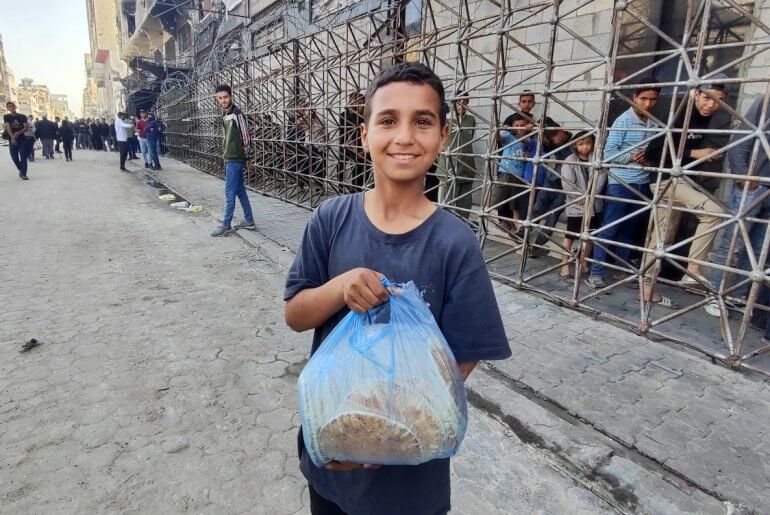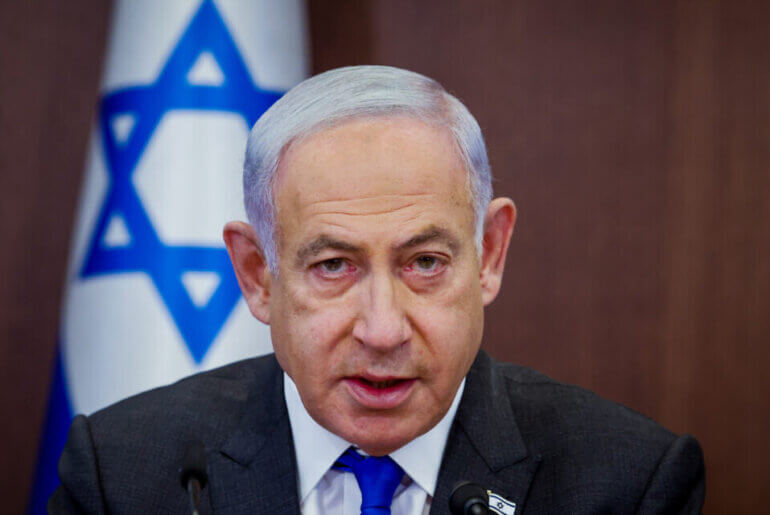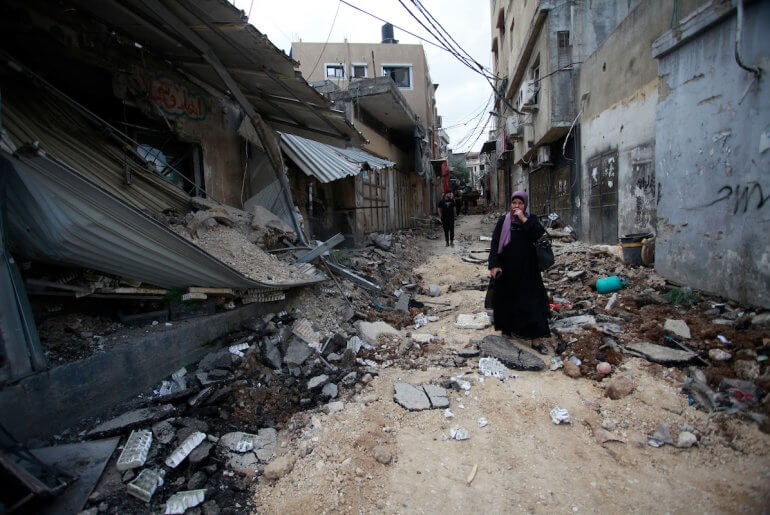On October 5, at around 2:00 p.m., undercover Israeli forces, in coordination with Israeli intelligence, raided Deir Al-Hattab in the Nablus governorate. In the process at attempting to detain Suleiman Omran, 37, Israeli forces killed Alaa Zaghal, 21, as the town rose in resistance to the invasion.
Following a three-hour siege on his home the surrounded Omran eventually negotiated a ceasefire and turned himself in, avoiding the potential harm that the Israeli gunfire might have caused to his family, who were at home with him.
This event comes just two days after Israeli forces opened fire on a Palestinian vehicle under the allegation of intent to conduct a ramming attack. Initial reports stated that two men were killed, Basel Basbous and Khaled Anbar, and that the other, Salameh Sharay’a from Birzeit, was critically injured.
Hours later, new information emerged revealing that Salameh Sharay’a — the one that was initially reported to have survived — had in fact been killed, and that Basel Basbous, who was reported dead, was injured but alive. Basbous is now being held in Shaari Zedek Medical Center in Jerusalem, and was initially denied access to an attorney before his lawyer was finally able to visit him, reportedly after much difficulty. Basbous is still being denied family visitation.
At the time of this article, Khaled Anbar’s slain body has remained withheld from his family. In March of 2018, the Israeli parliament added a new clause to the Israeli Counter-Terrorism Law which legalizes the withholding of Palestinian bodies killed by Israeli forces. The confiscation of Palestinian bodies is a punitive measure Israel has employed against Palestinians, either as bargaining chips in negotiation deals, or as collective punishment — a form of Israeli “deterrence.”
On Wednesday afternoon, Suleiman Omran escaped that particular fate.
Choosing martyrdom or imprisonment
“I am Suleiman Omran. I am surrounded in the house and in armed confrontation [with the Israeli army],” he said in a voice recording . “I ask God for martyrdom.”
Although the call to martyrdom is commonly misrepresented by Israeli propaganda to demonstrate Palestinian culpability, it is in fact a common phrase repeated by those who face a high probability of being killed by Israeli forces.
To be a martyr in Palestinian communities is to re-configure the concept of death at the hand of the occupier. A similar condition was witnessed in Algeria during the brutality of French colonial rule, where after liberation the country honored its slain by becoming known as the “nation of a million martyrs.”
“Al-Shaheed,” the Arabic word for martyr, is a layered term, also meaning “the one who bears witness.”
As armed confrontations against the undercover unit attacking Omran’s home ensued, his son bore witness to the violence of the military invasions, and saw his father attempting to defend his home from the foreign invaders.
“He eventually turned himself in,” his son Ahmad recalled in a video, just hours after the incident. When Omran’s kids and family managed to leave the house safely, the confrontations resumed.
“They started firing at my dad. My father confronted them. He stayed up and didn’t come down,” his son said.
Ahmad remembered his father’s defiance: “Then his mother, my grandmother, came to speak with him to tell him to turn himself in, but he refused. Then my uncle — his name is Abu Ezzat — came and told him that either they’re going to die together or come down together. That’s when my dad accepted.”

For many Palestinian resistance fighters, dying in battle is seen as preferable to being imprisoned. This is underpinned by those fighters’ prior experiences as prisoners, given that many of the assassinated resistance fighters and those still wanted by Israel have already been imprisoned in the past, usually during their teenage years.
Israeli prisons are commonly recognized among Palestinians as a place of intolerable torture. “To return to prison is to willfully return to a different type of death,” M., a former Palestinian political detainee told Mondoweiss.
M. had been held in some of Israel’s most notorious prisons, including Nafha and Gilboa — the latter prison being where six Palestinians escaped briefly in September of last year.
Resistance, neither momentary nor directionless
Shortly after the invasion targeting Omran, Israeli military forces persisted in their attack on the small town of 3,096 people. In quelling Palestinian protest over the invasion, at approximately 4:00 p.m., the Israeli military killed 21-year-old Alaa Zaghal with a bullet to the head, according to the Palestinian Ministry of Health.

At least seven others were injured with live ammunition, including three local Palestinian journalists — barely five months after Israeli forces fatally shot and killed revered Palestinian-American journalist, Shireen Abu Akleh.
According to the Palestinian Red Crescent Society, medical staff on the ground were directly targeted by Israeli teargas canisters as they attempted to perform their duty of providing medical services.
Another voice recording by Omran, intended to be is final words before he gave himself in, is haunting in the message it leaves. Before the sound of the live bullets cut his voice, he says, “the homeland is not for my father, it is for me and you, and for them, and for all of us. The land has been dried up. They are not just occupying my house alone, they are occupying us all. All the refugee camps have been taken from their place. All of them.”
Mariam Barghouti
Mariam Barghouti is the Senior Palestine Correspondent for Mondoweiss.




Our colleagues at Hasbara U commonly refer to Palestinians as ‘terrorists’, but some Israelis see the issue differently:
https://www.middleeastmonitor.com/20220920-more-and-more-israelis-accept-the-legitimacy-of-palestinian-resistance/
More and more Israelis accept the legitimacy of Palestinian resistance…Parliamentarian Ofer Cassif, for example, does not hesitate to say that, “Palestinians who shoot at Israeli soldiers are not terrorists, but guerrilla fighters similar to the revolutionaries who fought the Nazi occupation in Europe during World War II.” [ Casif, by the way, is an example of a Jew who rejects Zionism: https://en.wikipedia.org/wiki/Ofer_Cassif ] …Moreover, the Professor of Chemistry at the Hebrew University in occupied Jerusalem, Amiram Goldblum, has accused Israeli settlers of being terrorists. The Israeli settlement project, he said, is a trigger for the terrorist industry, and that real terrorism began 55 years ago in 1967, when the settlement project began.
https://www.middleeasteye.net/opinion/israel-palestine-resistance-occupation-army-legal-not-terrorism
The fact is that international law recognises the legitimate right of a people to fight for its freedom, and for “liberation from colonial control, apartheid and foreign occupation by all the means at its disposal, including armed struggle”, as confirmed, for example, by a resolution of the UN General Assembly in 1990.